For runners, performance isn’t just about miles logged—it’s also about what fuels those miles. Yet, between early morning runs, work schedules, and family commitments, eating well often falls by the wayside. The solution? A weekly meal prep strategy built for real life: simple, evidence-based, and requiring minimal gear. This guide delivers a practical blueprint to fuel your runs, support recovery, and save time—without sacrificing taste or nutrition.
Nutrition directly impacts endurance, recovery, and injury prevention. Studies show that consistent intake of balanced macronutrients—carbohydrates, protein, and healthy fats—improves running economy and reduces muscle soreness. However, eating optimally on the fly often leads to poor choices: skipping meals, relying on processed snacks, or underfueling before long runs.
Meal prepping combats this by ensuring nutritious meals are always within reach. A 2020 study published in the International Journal of Behavioral Nutrition and Physical Activity found that individuals who planned and prepared meals in advance consumed more fruits, vegetables, and whole grains while reducing added sugars and saturated fats.
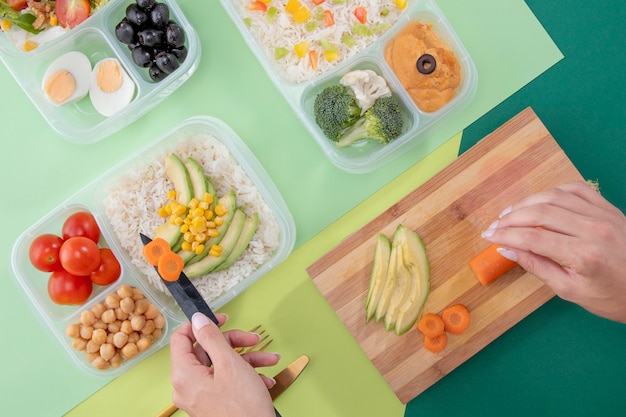
This plan is designed for simplicity and sustainability. No fancy containers, blenders, or kitchen gadgets required—just a knife, cutting board, pots, pans, and reusable containers.
Focus on prepping versatile base ingredients that can be mixed and matched all week. Aim for:
Spend 60–90 minutes on Sunday cooking grains, roasting vegetables, and preparing proteins. Store in separate containers to maintain texture and freshness.
Each meal should include:
Example: A post-run bowl with quinoa, grilled chicken, roasted broccoli, and a drizzle of olive oil with lemon juice.
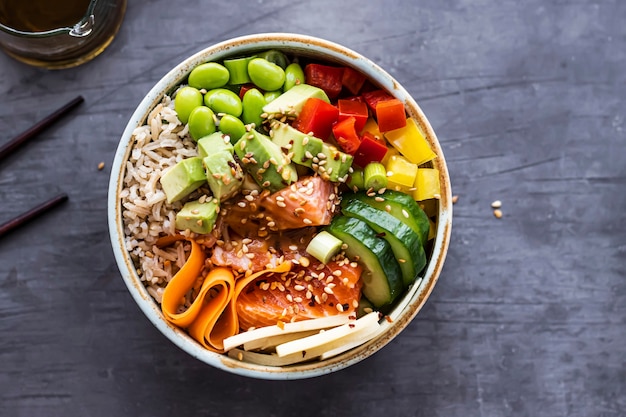
Timing matters. Evidence suggests consuming 30–60 grams of carbohydrates per hour during long runs (90+ minutes) improves endurance. For daily training:
Sunday: Cook 2 cups quinoa, roast 2 sheet pans of mixed vegetables, grill 4 chicken breasts, hard-boil 6 eggs.
Monday–Friday: Assemble meals using prepped bases. Rotate combinations to avoid boredom.
Weekly meal prep isn’t about perfection—it’s about consistency. For runners, having nutritious food ready eliminates decision fatigue and supports performance goals. With minimal time and gear, you can build a sustainable system that fits your real-life schedule. When you fuel smarter, you train smarter—and that’s where real progress begins.

Fitness

Fitness

Fitness

Fitness

Wellness
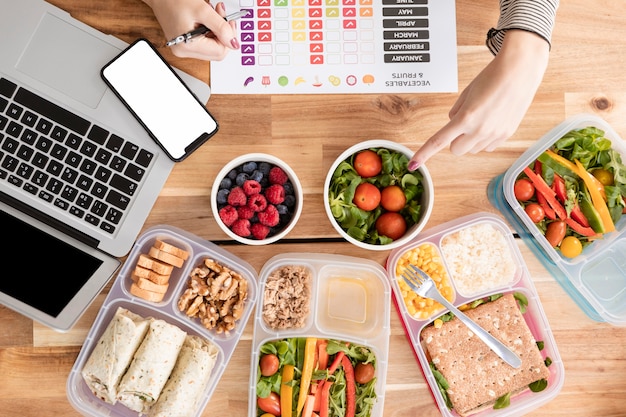
Wellness
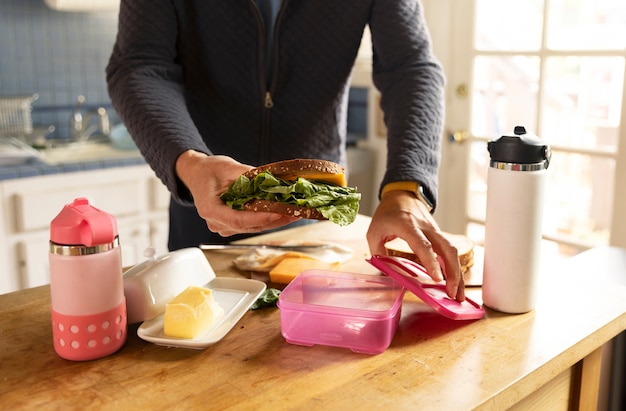
Fitness
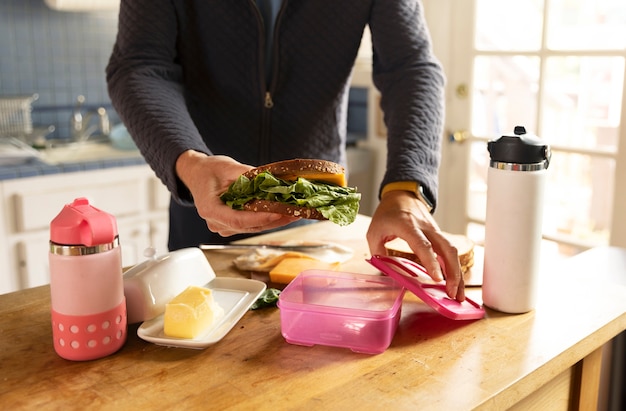
Wellness
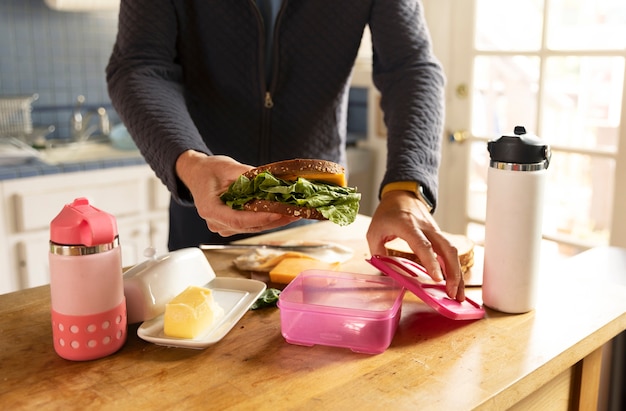
Wellness

Health

Wellness

Fitness

Health

Fitness

Health

Health